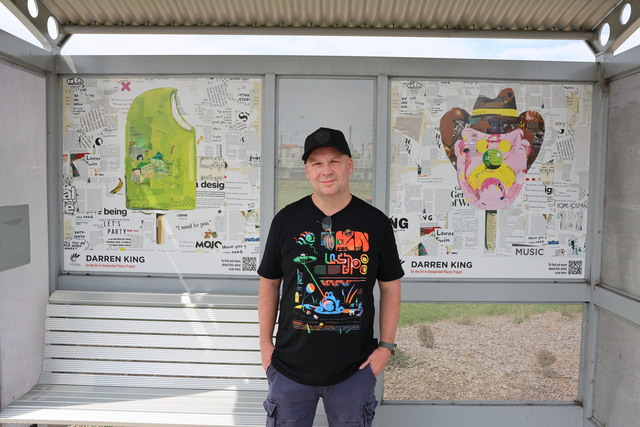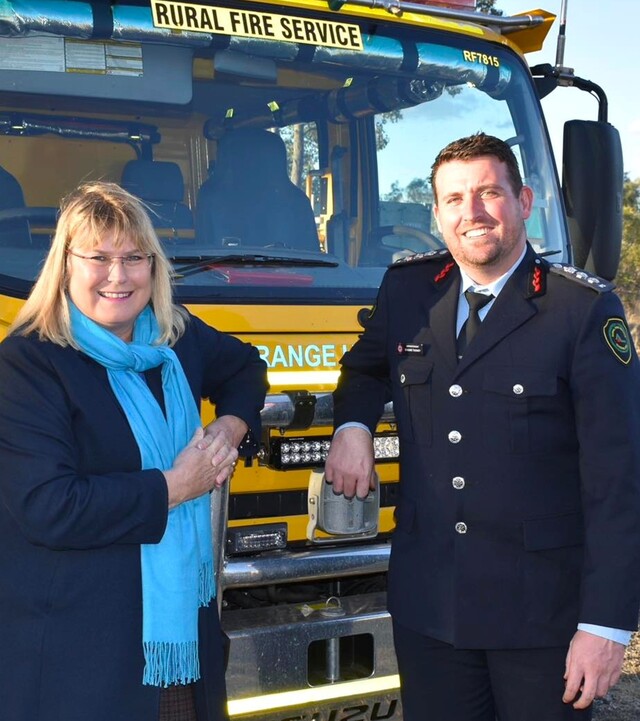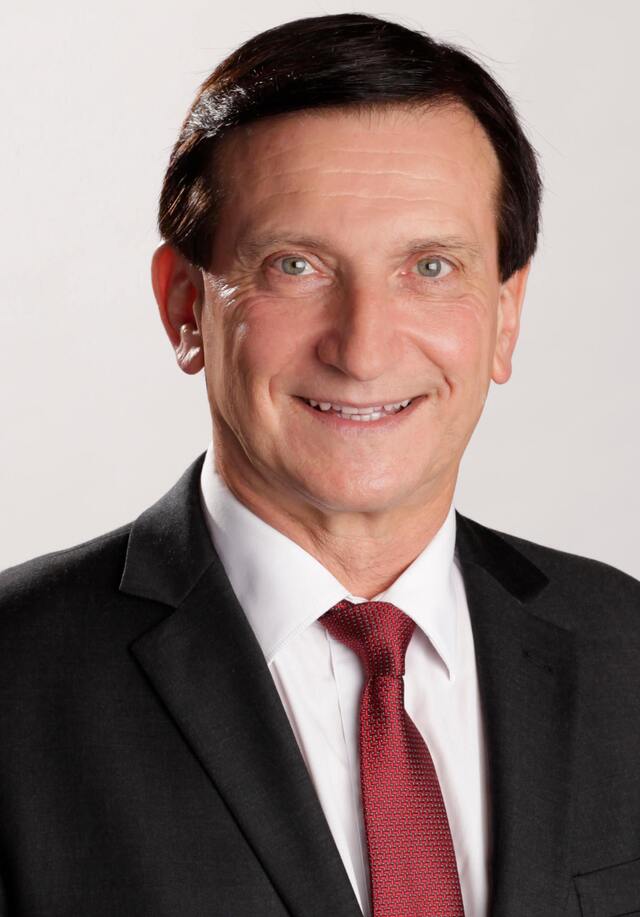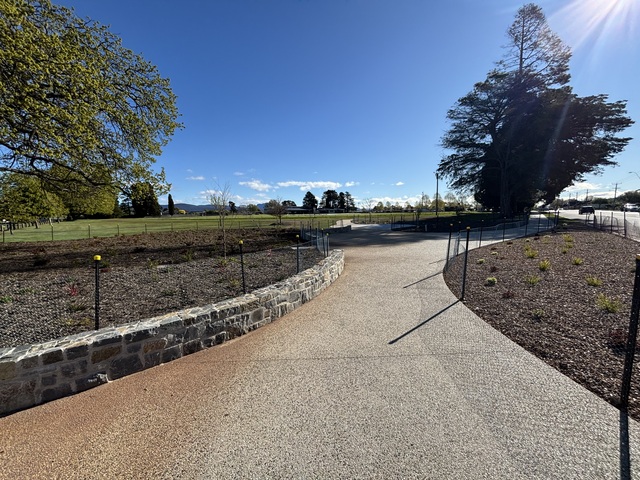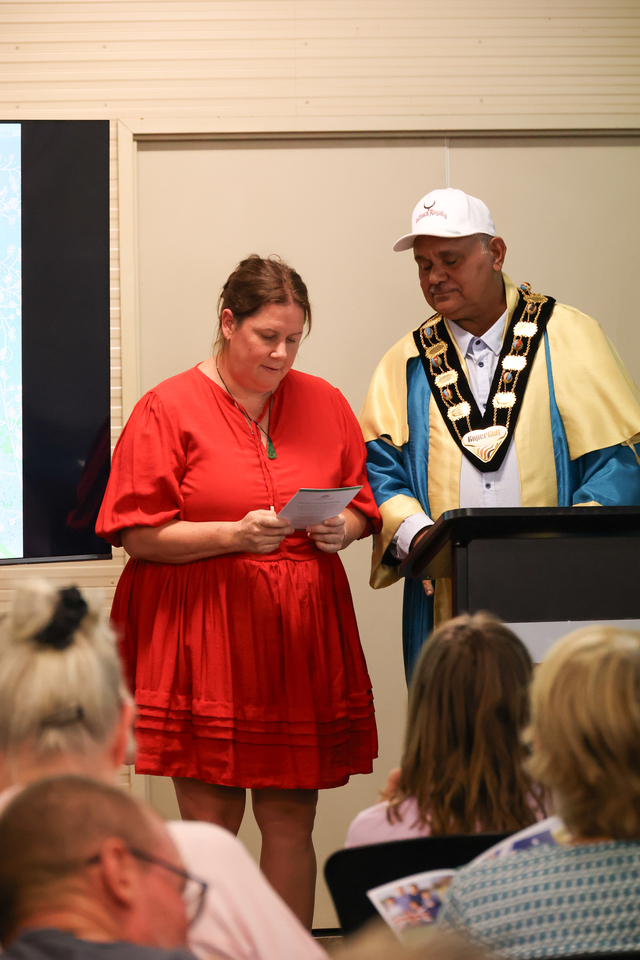In each edition we feature the views of a Local Government Association president. The following is from Councillor Bill Mitchell, President of the Western Australian Local Government Association (WALGA).
Simply cutting the number of Councils in Western Australia will not magically result in better services for the community.
Local Government Minister John Castrilli wants all councils to present amalgamation plans within six months with an indeterminate process to follow.
The Minister believes that economies of scale would result from having fewer, larger councils, however, this has been proven wrong in other States where councils have been amalgamated.
That is because Local Government is a diverse sector, as it needs to be, to service the various local communities and their differing geographic, cultural and economic needs.
A one size fits all approach – the one plan to fit all as the Minister has required all councils to provide amalgamation plans – sets out only to ignore local communities’ needs.
Having larger councils will not guarantee improved services to communities, but it will guarantee communities have a diluted say in what happens in their local area.
The Minister has said he wants amalgamations, but with no idea of what is required, how it would be funded or even if the assumed economies of scale are achievable across the board.
Alternatively the WA Local Government Association currently has an extensively researched and developed plan to increase sustainability in the sector and provision of services to communities.
This plan – the Systemic Sustainability Study – already has 135 of the State’s 139 councils working towards greater regional cooperation while retaining local input.
Finalised in September last year after four years of research analysis and consultation, the SSS plan deserves to be given an opportunity to realise results.
What the Minister’s recent announcement has done is damage all work towards regional cooperation by Local Governments, who will now be focused only on ensuring their own survival in an amalgamation process.
A recent The West Australian editorial argued: “If country councils can achieve efficiencies of economy and scale in regional groupings without being forced to amalgamate – sharing staff and resources for example – there could be grounds for letting them do so.”
This is exactly the tenure of the SSS final report.
Local communities should urge their councils that in responding to the Minister’s deadline they detail their plans within the principals of the SSS plan. It would be obdurate for any Minister to reject detailed plans for regional cooperation and efficiencies just to unfoundedly create super councils.
The Minister maintains that he is asking councils to ‘voluntarily’ amalgamate, but this is using weasel words at best. There is nothing voluntary when you are given a six month deadline and told what the outcome has to be and that if you do not volunteer, it will be forced.
In time there will be fewer Local Governments in Western Australia irrespective of the Minister’s broken promise on forced amalgamations. This is because as councils work through the SSS process, some may decide that a merger is the best outcome. Already since the SSS research began three pairs of Councils have amalgamated.
Local Government in WA already has a plan for greater efficiencies – a plan that has had input from groups such as Access Economics and individuals including governance expert Professor Greg Craven.
This plan has only been enacted for a little over four months and should be given a chance to succeed.


